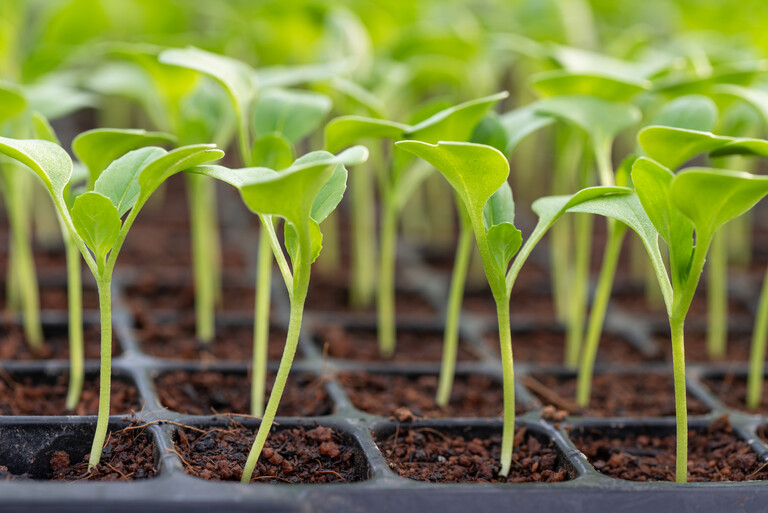Sustainable use of plastics
The use of recycled plastic protects fossil
resources and saves CO2 compared to
the use of virgin materials.
Follow the CSRD messages.
CSRD reporting, which will be mandatory for listed companies from the reference year 2024, comprises the collection, measurement, analysis and communication of information on a company's economic, social and environmental impact.
Reduction of greenhouse gas emissions.
By using recycled material in plastic packaging, your company helps to reduce greenhouse gas emissions caused by the extraction, transportation and processing of fossil raw materials. Every ton of recycled plastic reduces CO2 emissions by 3.03 tons.
Promotion of the circular economy.
The use of recycled plastics increases the demand for secondary raw materials and gives them a value. This gives recyclers stable sales and the opportunity to invest in better sorting and recycling processes. It strengthens the circular economy and promotes local industry.
Saves energy
The production of plastics from recycled material generally consumes less energy than the production of new plastics from fossil raw materials. The use of recycled material in industrial packaging can save energy and thus reduce the ecological footprint.
Anticipation of legislation on the obligation to use recycled content.
In its draft regulation on packaging and packaging waste, the European Commission stipulates the use of 35% recycled material in all industrial plastic packaging from 2030.
Our path: responsible and innovative
We are aware of the tremendous responsibility that our task carries, and have always
expected the very highest standards from our work. Building on many years of experience, as
well as in-depth expertise, RIGK's team, in its role as a partner to industry, successfully
creates and operates innovative recycling systems for industry and agriculture, providing
support for various topics relating to the recovery and recycling of packaging and plastics.

